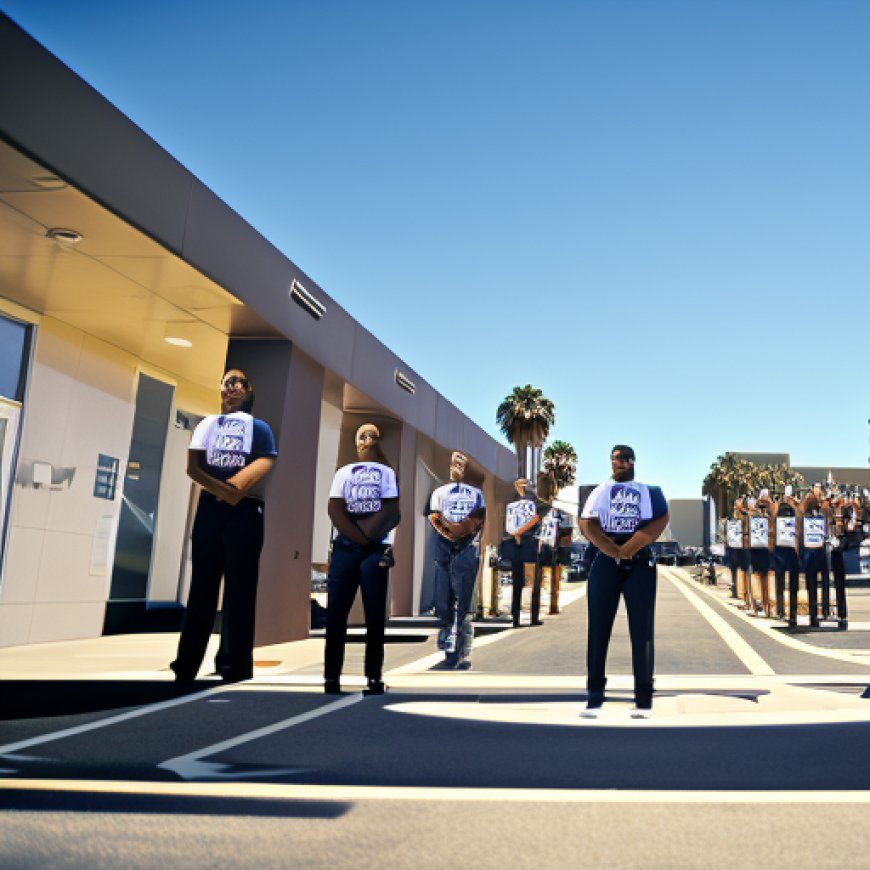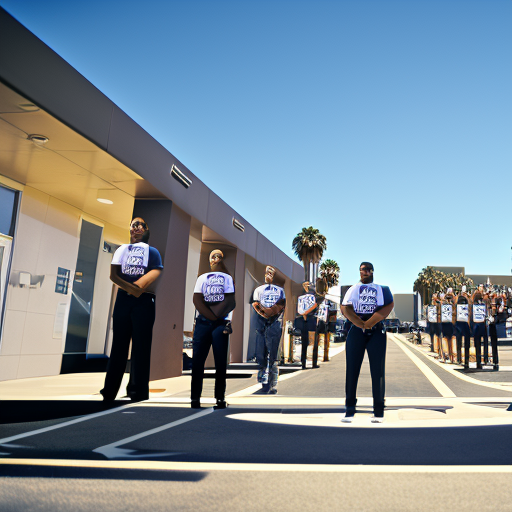San Diego community college campaign focuses on getting students back on campus
San Diego community college campaign focuses on getting students ... KPBS


Thousands of Students Prepare to Return to School in San Diego County
San Diego Community College District (SDCCD) has launched an aggressive marketing campaign to attract adult students back to school this fall. The district is targeting students aged 25-45 who left school during the COVID-19 shutdown and never returned. With a budget of $600,000, SDCCD is flooding social media platforms with advertisements to capture the attention of these potential students.
Emphasis on Sustainable Development Goals (SDGs)
The marketing campaign by SDCCD aligns with the Sustainable Development Goals (SDGs) set by the United Nations. By encouraging adults to return to school and pursue education, SDCCD is contributing to SDG 4: Quality Education. The campaign aims to provide affordable education and support academic success, which aligns with SDG 10: Reduced Inequalities. Additionally, by targeting marginalized communities and offering free tuition and funding for textbooks, SDCCD is working towards SDG 1: No Poverty and SDG 5: Gender Equality.

SDCCD Instagram
According to Jack Beresford, the communications director of SDCCD, the marketing campaign takes a light-hearted approach and incorporates San Diego institutions. The district conducted focus groups and research to ensure that the campaign resonates with adult learners. Billboards with slogans poking fun at San Diego landmarks and traditions have also been placed around the city. One billboard, for example, replaces “Comic-Con” with “affordable education” to highlight the accessibility of education in San Diego.
As part of the campaign, San Diego City College organized a car cruising event for younger students who have just graduated from high school. The event featured lowrider cars and provided a free lunch. Additionally, campus tours and orientation sessions were held for incoming students accepted into the Promise Program at City College. This fall, a record-breaking 1,014 students from marginalized communities have been accepted into the program. They will receive free tuition, funding for textbooks, counseling, and other support services to ensure their academic success. In return, they are required to maintain at least a 2.0 GPA and remain accountable to mentors.


Join us, as fellow seekers of change, on a transformative journey at https://sdgtalks.ai/welcome, where you can become a member and actively contribute to shaping a brighter future.







